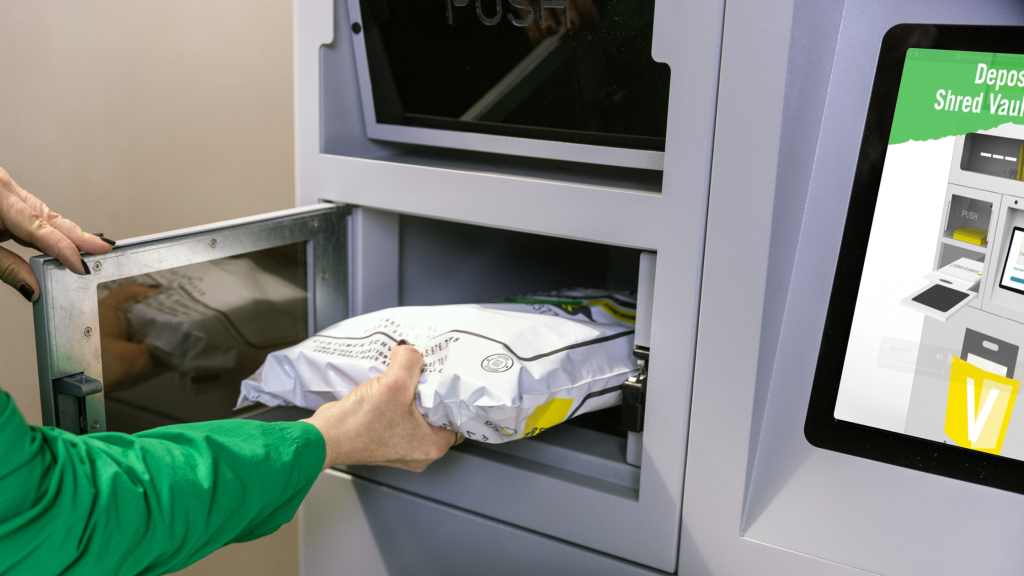Running a small business is tough enough without worrying about legal trouble — but failing to handle sensitive information properly can put your business at serious risk. You might think secure document destruction is just for big corporations, but the truth is that small businesses are even more vulnerable when it comes to data breaches, intellectual property loss, and legal exposure. Here’s why secure shredding isn’t optional — and how neglecting it could cost you more than just money.
1. Once You Toss It, You Lose It
Did you know that anything you throw away becomes public property? That’s not just speculation — it’s backed by the U.S. Supreme Court.
In California v. Greenwood (1988), police found incriminating evidence in a suspect’s trash. While a lower court ruled this was a violation of privacy, the Supreme Court overturned that decision, showing that once you discard something, you give up all rights to it.
What does this mean for your business? If you casually toss out customer data, pricing information, or internal documents without secure shredding, you lose your right to privacy and ownership. Competitors — or even criminals — can legally access and use that information against you.
SOLUTION: Treat secure shredding as a non-negotiable business practice. Don’t just toss it — call Shred Vault!
2. Losing Control of Your Information Means Losing Your Intellectual Property
If you don’t protect your business’s proprietary information, you may not have the legal right to claim it.
In DuPont v. Christopher (1970), DuPont successfully sued someone for illegally obtaining trade secrets — but the win hinged on DuPont’s ability to prove that they had taken serious steps to protect that information. If they hadn’t, they would have lost their case.
Small businesses are just as vulnerable. If you can’t prove you’ve made a consistent effort to protect sensitive information, you could lose the ability to enforce your non-compete and non-disclosure agreements — leaving your trade secrets exposed.
SOLUTION: Use Shred Vault to protect customer lists, pricing data, and proprietary systems from falling into the wrong hands.
3. Even a Cocktail Napkin Can Be a Business Record
Think casual notes and emails don’t matter? Think again.
In Kolniak v. Bridger Logistics (2012), an employee claimed that an employment agreement written on a cocktail napkin was legally binding — and the court agreed. Informal notes, emails, and even phone memos can be treated as official business records in court.
If these types of documents aren’t properly destroyed, they could be used against you in a legal dispute. The threshold for what’s considered a “business record” is surprisingly low — so even the smallest oversight can become a big problem.
SOLUTION: Don’t risk it. Shred everything, even casual notes once they’re no longer needed.
This Isn’t Just a Big Business Problem
It’s easy to think that secure destruction is just a corporate issue — but small businesses and individuals face even greater risks. Without strong protection, your ability to enforce NDAs and protect trade secrets could disappear overnight. Unlike large corporations that can recover from legal losses, a single breach or lost lawsuit could cripple a small business. And individuals falling victim literally have their lives turned upside-down.
Take Control — Use Shred Vault or Risk Your Future
Make secure shredding part of your regular business operations. Don’t just treat it as a good idea — make it standard policy. Whether it’s customer information, pricing strategies, or printed emails, if it’s not secured, it’s vulnerable.
Contact Shred Vault today to learn how we can help.
© 2025 Shred Vault, LLC – All rights reserved.





